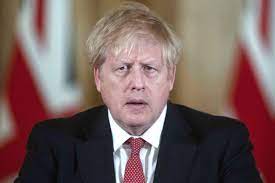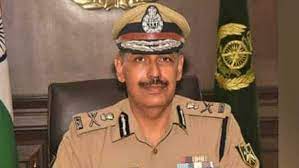
Boris Johnson said on Thursday that he would step down as Britain’s prime minister, after a wholesale rebellion of his cabinet, a wave of government resignations and a devastating loss of party support prompted by his handling of the the latest scandal that has engulfed his leadership. Mr. Johnson said he would stay on in his post until the Conservative Party chooses a new leader, which could take several months. He said he expected the timetable for his departure and the selection of a successor to be decided on Monday by a committee of senior Conservative lawmakers. Johnson will remain in charge at 10 Downing Street until the process of electing a new leader is completed – expected by the time of the Conservative Party conference scheduled for October.
Why is Boris Johnson resigning?
Johnson’s resignation comes after he weathered numerous scandals during a tumultuous three years in power in which he brazenly bent and sometimes broke the rules of British politics. He survived a no-confidence vote last month. But recent revelations that Johnson knew about sexual misconduct allegations against a lawmaker before he promoted the man to a senior position in his government led to Johnson’s resignation.
Who could become the next Prime Minister?
Already the list of likely contenders is long and growing, from recently resigned Treasury chief Rishi Sunak, his successor in that job Nadhim Zahawi, Foreign Secretary Liz Truss, Attorney General Suella Braverman and Defense Secretary Ben Wallace.





